Search
Did you mean: Thera?
Search Results
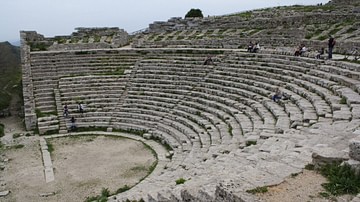
Image
Theatre of Segesta
The 2nd century BCE theatre of Segesta, Sicily. The theatre had a capacity of up to 4,000 spectators.
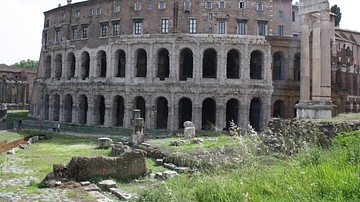
Image
Theatre of Marcellus, Rome
The theatre of Marcellus, near the Capitoline Hill, Rome. Begun under Julius Caesar, the project was completed under Augustus and the theatre was named after the son of Octavia who, before his death in 23 BCE, was Augustus' heir. Built in...
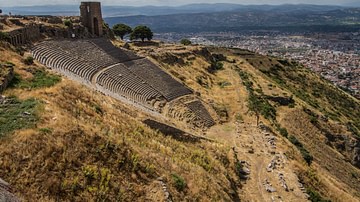
Image
Theatre of Pergamon
The unusually steep cavea of the 2nd century BCE theatre in the Hellenistic city of Pergamon (modern Turkey).
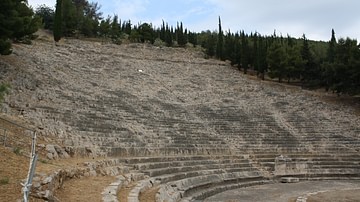
Image
Theatre of Argos
Built from the 4th to 3rd century BCE. Originally there were 81 rows of seats giving a total capacity of 20,000 spectators, making it the largest Greek theatre.
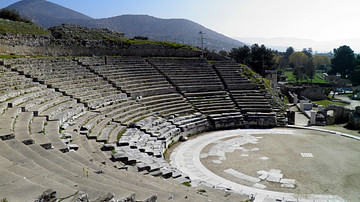
Image
Theatre of Philippi
The theatre of Philippi, Macedon, built during the reign of Philip II in the 4th century BCE.
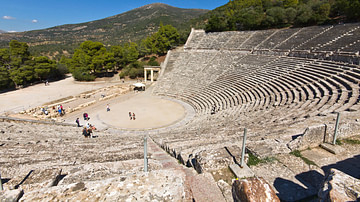
Image
Theatre of Epidaurus Panorama
Theatre of Epidaurus, Greece.
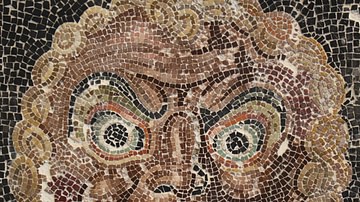
Image
Theatre Mask Mosaic
A Roman theatre mask mosaic, 1st century BCE. From a private villa in the area of Villa Ruffinella, Rome. Palazzo Massimo, Rome.
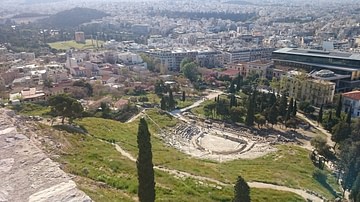
Image
Theatre of Dionysus - Acropolis, Athens
A few things are visible in this picture. The theatre of Dionysus Eleuthereus: Construction: 6th-4th century BCE The temple of Olympian Zeus to the left: Construction: 2nd century CE The Panathenaic Stadium to the far left: Construction...
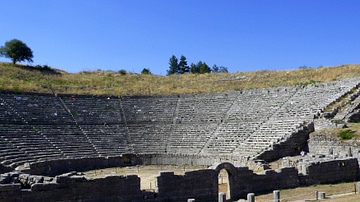
Image
Theatre of Dodona
The theatre of Dodona, 3rd century BCE.
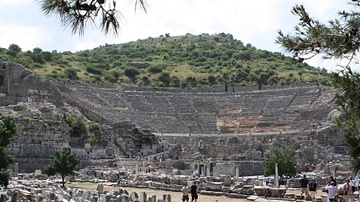
Image
Theatre of Ephesus
The theatre of Ephesus, Turkey, was constructed c. 300 to c. 290 BCE and built into the hill of Panayir Dagi.